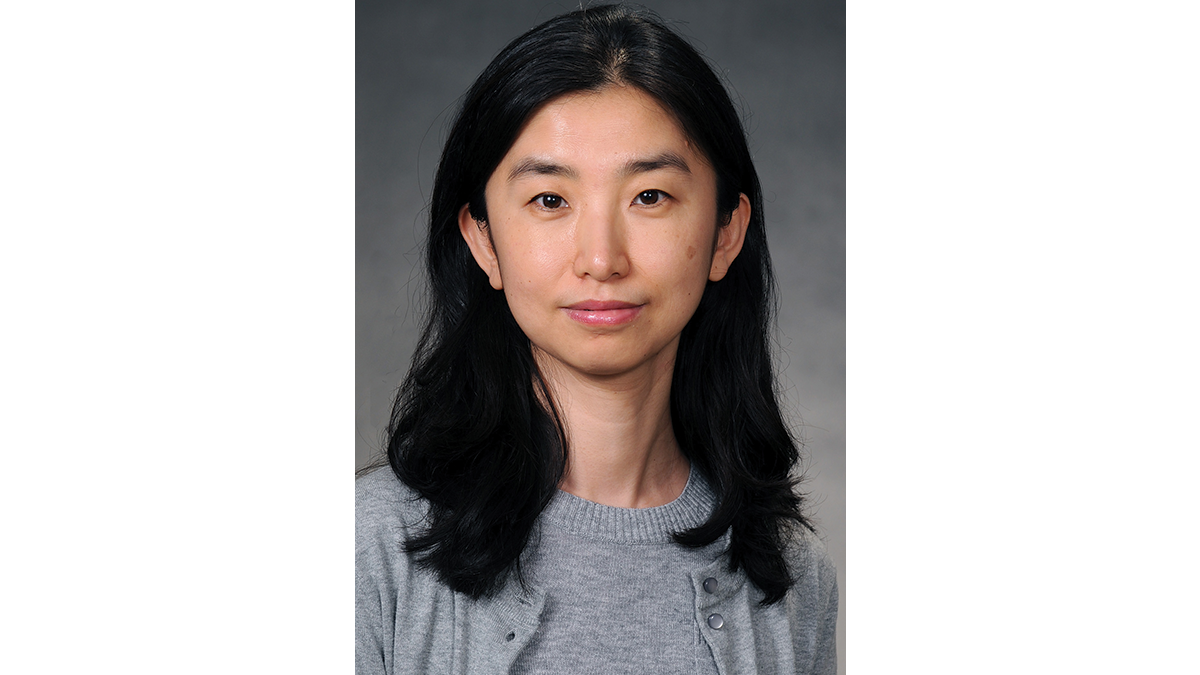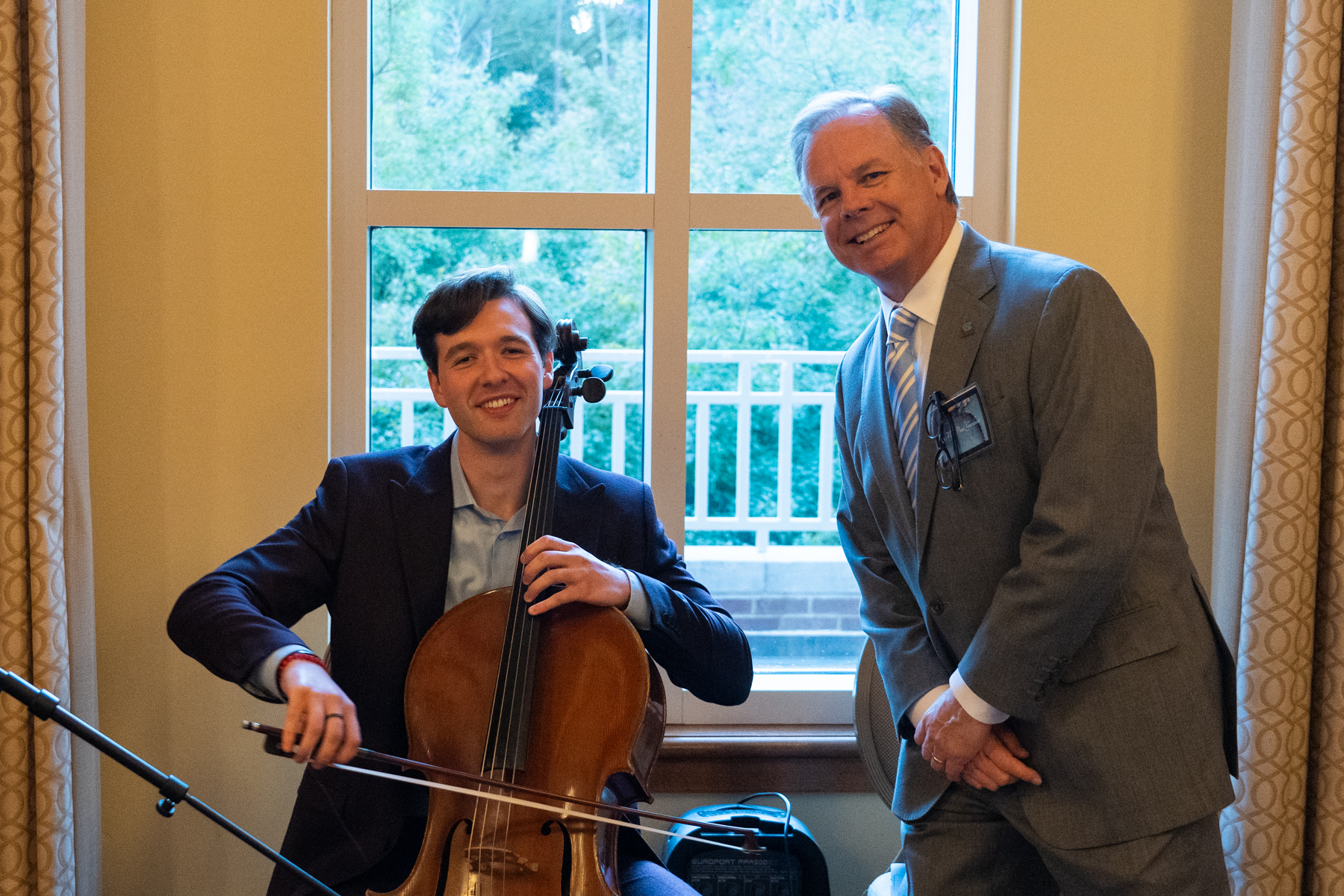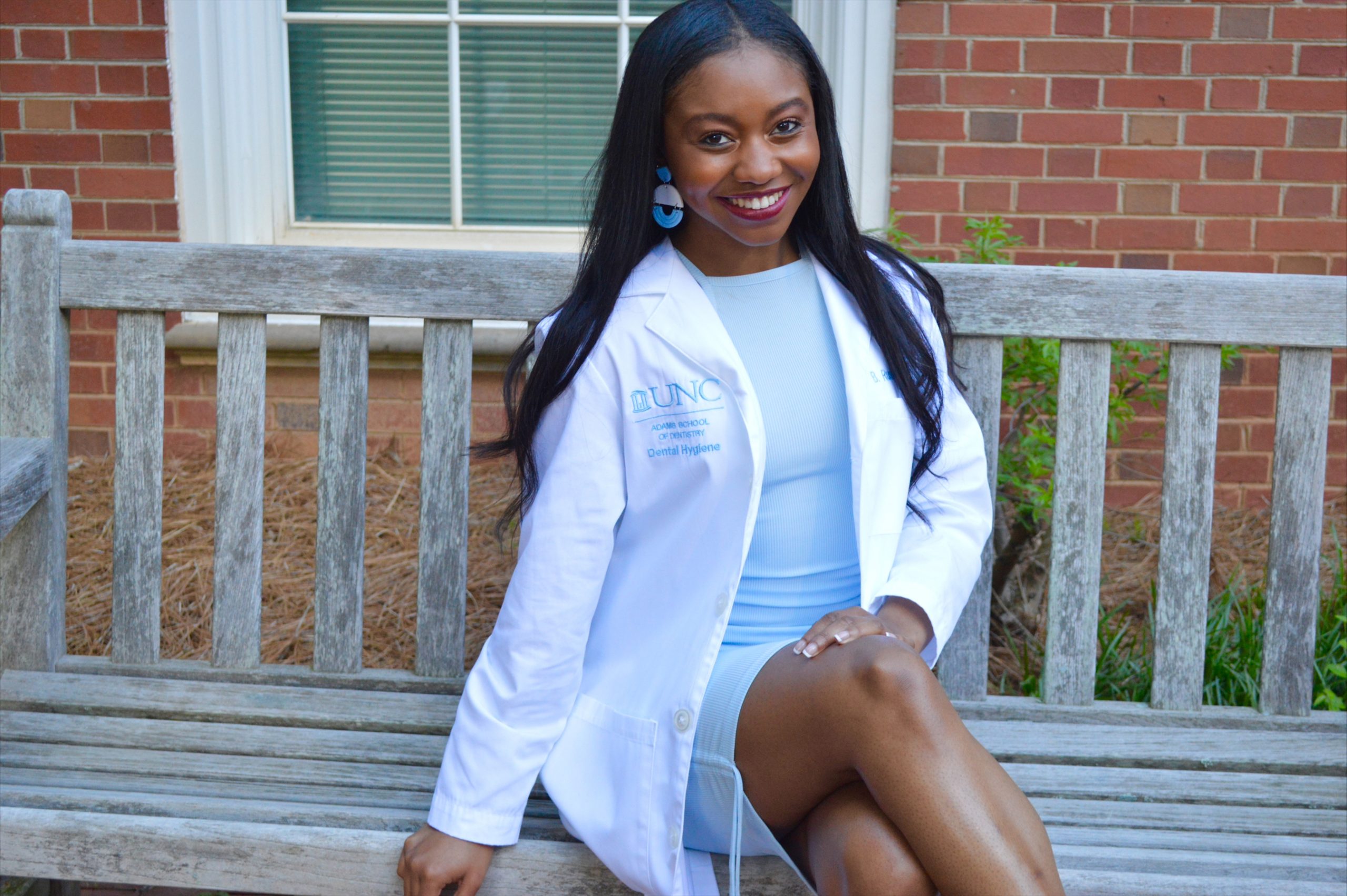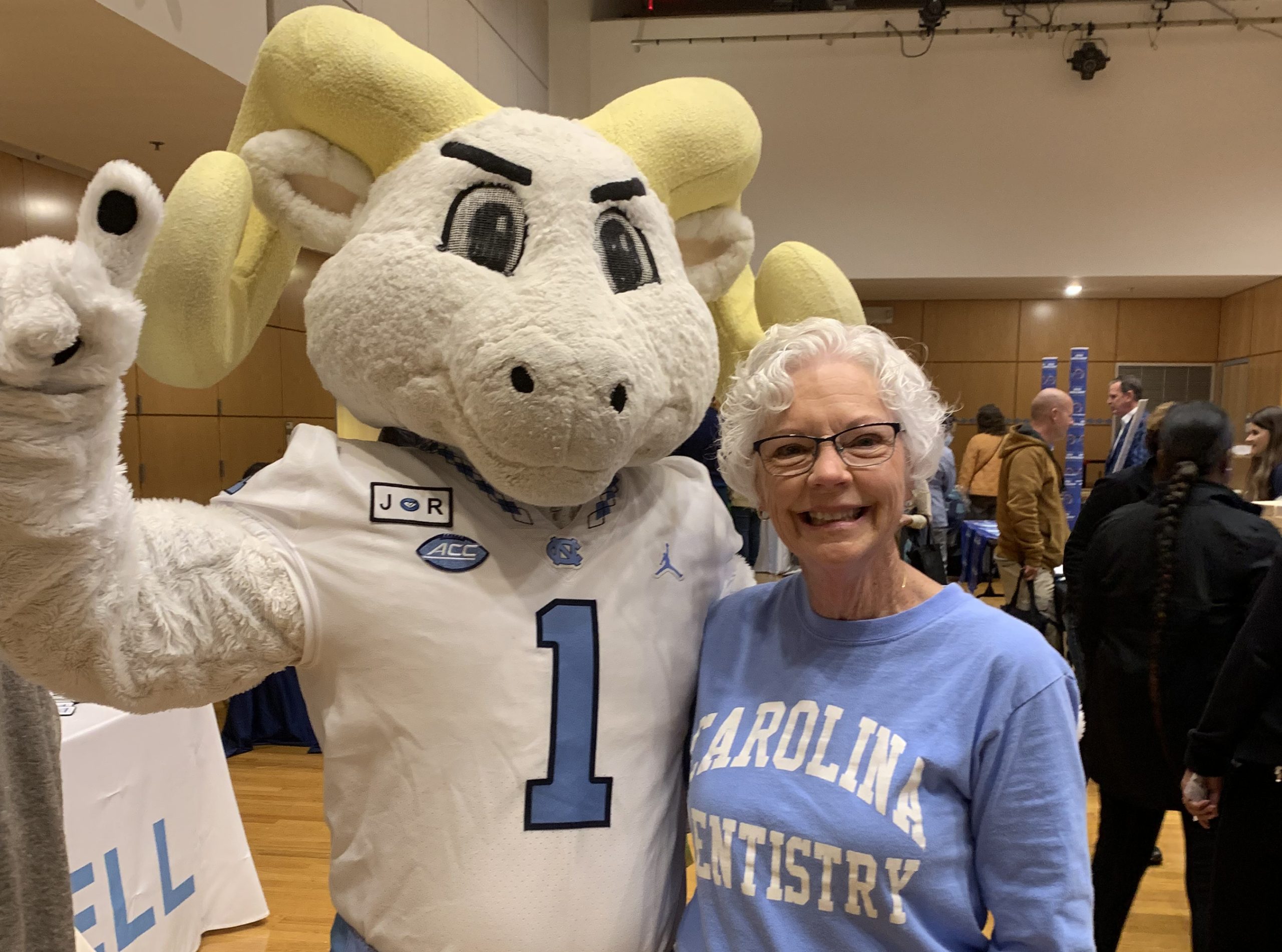Wu Named Recipient of CEHS Pilot Project Grant

Di Wu, PhD, assistant professor at the University of North Carolina at Chapel Hill School of Dentistry and research assistant professor at the UNC-CH Gillings School of Public Health, is one of five recipients of a UNC-CH Center for Environmental Health and Susceptibility (CEHS) Pilot Project Grant.
Wu’s area of research is environmental cancer. Specifically, she and her team have a long-term goal to explain new ways to protect against skin cancer caused by sun exposure. Her newest project will explore ideas related to how certain genome instability affects the beginning of sunlight-induced skin cancer.
“The proposal seeks to provide a new solution to the scientific problems of how tumor-suppressive mechanisms protect against solar radiation-induced skin cancer and how those protective mechanisms are overwhelmed in some sunlight-exposed individuals,” said Wu. Her team hopes to uncover a solution that leads to a better understanding of sun-induced skin cancer, which may help future research determine prevention and better treatment.
Sun-induced skin cancer is one of the most common types of cancer in the country. Although it is well known that cancer is an environmentally induced disease, what has not been fully explored is the genetics background and its role in the disease.
“There remain major gaps in our knowledge of how human cells are normally protected against cancer-causing environmental exposures and how these protective mechanisms are lost in tumor-prone individuals,” said Wu. “These knowledge gaps limit our ability to predict, prevent and treat cancer. The long-term goal of our proposed work is to elucidate mechanisms that guard against sunlight-induced skin cancer, starting by testing a new role for the checkpoint protein kinase CHEK2 in suppressing solar ultraviolet (UV) radiation-induced squamous cell carcinoma.”
This project will enhance collaborations between her team including co-investigator, Professor Satoshi Tateishi, senior assistant professor in the Department of Cell Maintenance at Kumamoto University’s Institute of Molecular Embryology and Genetics (IMEG), PhD candidate Jitong Lou, from the Department of Biostatistics, who has generated some critical preliminary results in the proposal, and other biomedical researchers. This team will work together to develop computational biology methods which will analyze the genome omics data to infer DNA mutation, copy number changes and gene expression patterns.
The theme of the UNC-CH Center for Environmental Health and Susceptibility (CEHS) is translating interdisciplinary research on environmental health threats to improve public health in North Carolina. The UNC-CH CEHS facilitates research collaborations by funding university infrastructure to support scientific equipment, facilities and other resources that can be shared among environmental health researchers. By pursuing shared research questions, CEHS can identify emerging issues that advance understanding about how pollutants and other environmental exposures affect public health and health inequities.
Wu earned her bachelor’s degree in biotechnology from Shanghai Jiao Tong University, her Master of Science from Case Western Reserve University, and her Doctorate of Philosophy studying statistical bioinformatics. In 2011, Wu received the Australian National Health and Medical Research Council’s Early Career Overseas Fellowship. One of her recent projects is a novel mediator analysis-based data integration tool to infer the likely causal relation across multiple levels of genomic, microbiome and metabolites. She then joined Harvard University in the statistics department and Dana Farber Cancer Center for the postdoc training before her coming to UNC-CH in 2015. Her other recent projects include a novel mediator analysis-based data integration tool to infer the likely causal relation across multiple levels of genomic, microbiome and metabolites, and the dental electronic medical record data analyzing pipeline for precision dental care.


